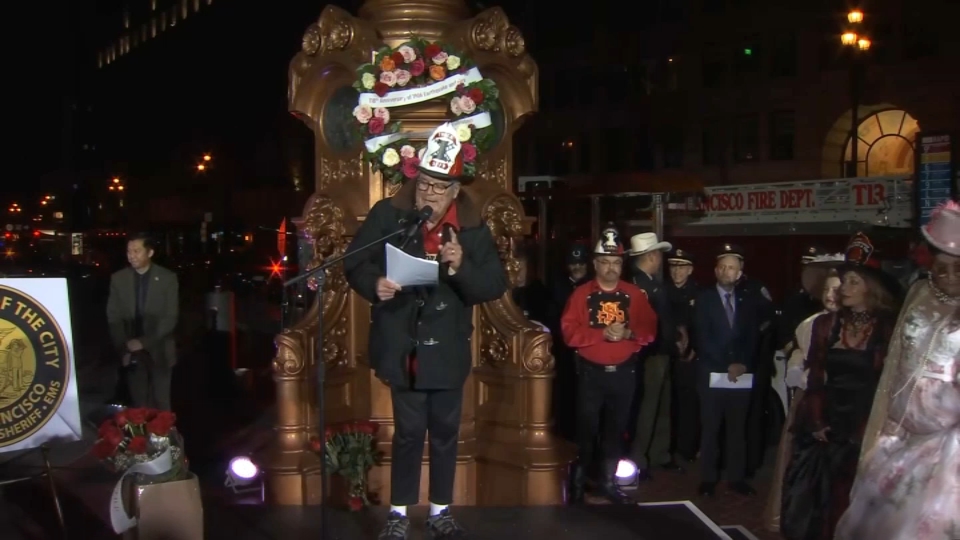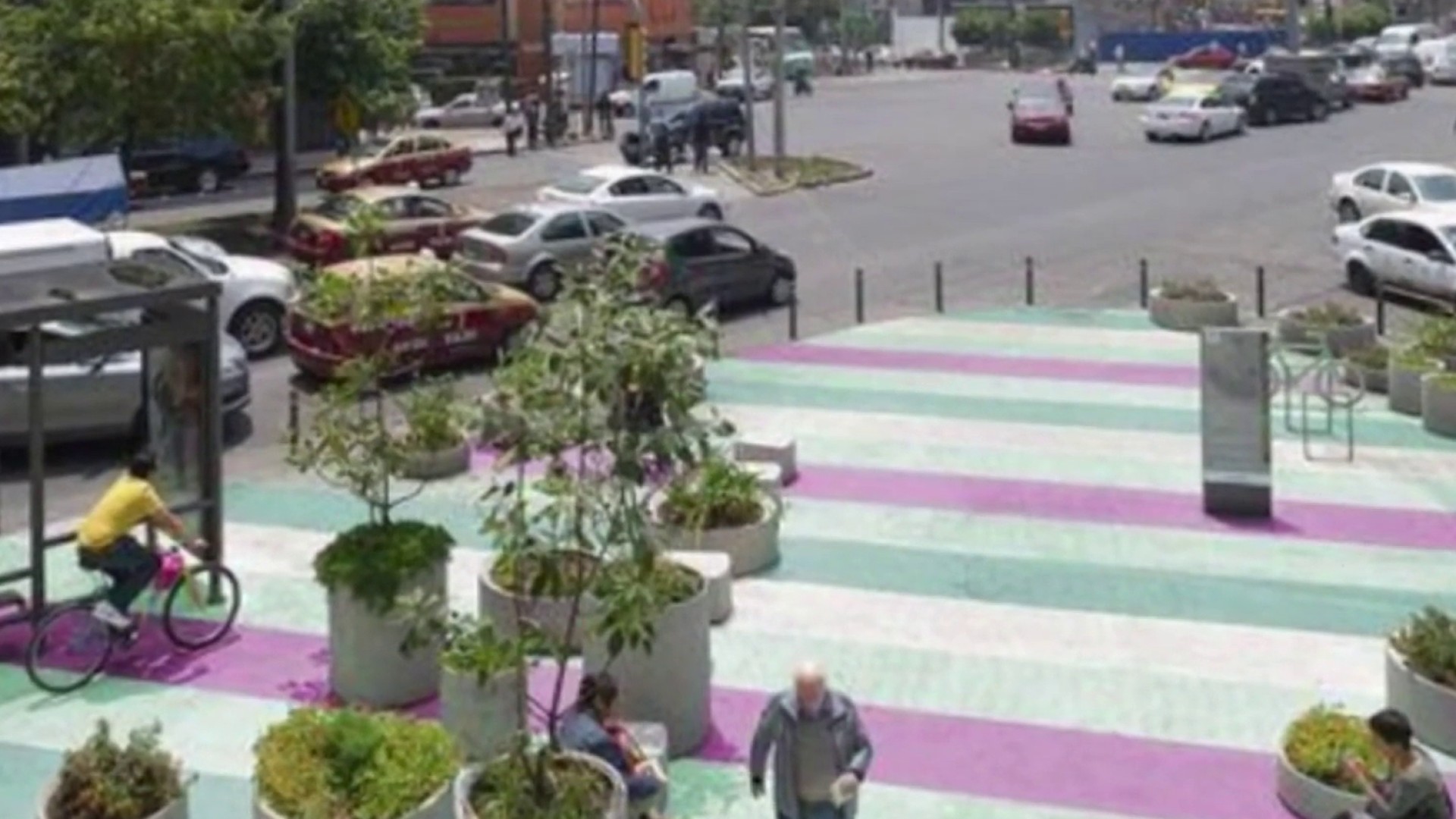Oakland Mayor Libby Schaaf recently stoked controversy by implementing a permit requirement for protesters marching on the city’s streets at night.
The mayor’s office said in a statement that the permit is not a new law, but rather makes “better use of existing policy provisions and laws to prevent vandalism and violence.”
Critics call the move a violation of the constitutional rights to free speech and assembly, adding that it also violates the city’s crowd control policy.
But some legal experts say the policy is constitutional, as long as the permitting process is readily available and police implement it across the board, regardless of the content of the protest.
The controversy began during a demonstration in the city on the evening of Thursday, May 23 when a group of women and children gathered for a peaceful protest against violence committed by police and directed at women and transgender people. It was part of the national #SayHerName movement.
Local
When protesters attempted to take to the streets, police quickly forced them back to the sidewalks saying they lacked the permit necessary to march in the street.
Immediately, protesters took to social media saying the action by police violated the First Amendment.
[[305531821, C]]
In the days that followed, protests about the policy were in full swing, giving rise to a new movement in the city: #breakthecurfew.
[[305532271, C]]
The permit requirement came less than a month after the city’s May Day protests, which were peaceful by day, but turned violent and destructive once sun set on the East Bay city.
But critics say that destruction caused by a few out of control offenders does not indicate that all protests in the city will result in such violence.
“It’s not constitutional to stop people from demonstrating just because of the fact that on some past occasions, some individuals…engaged in unlawful activity,” said Rachel Lederman, a civil rights attorney with the National Lawyers Guild who helped the city draft its crowd control policy. The policy gives law enforcement a guide for policing crowds in a constitutional way.
Bradley Joondeph, a constitutional law professor at the Santa Clara Law School told NBC Bay Area that policy of this nature typically gives police a “time, place and manner” restriction, which allows government to limit protest activity without violating First Amendment rights.
“Under those circumstances, as long as the government has an important reason for doing so, and the law is tailored toward accomplishing that goal, it’s still consistent with the First Amendment,” he said.
Joondeph stressed that the city’s protest history can justify such restrictions especially when it comes to violence and public safety.
Rachel Lederman hopes that the mayor will reconsider those restrictions.
“We’re still hoping that Mayor Schaaf will see that this wasn’t a very good idea and will back down, but we’re definitely prepared to enforce this in court,” she said.
In the meantime, protesters are planning to gather this evening for another march against the permit requirement in Oakland.



